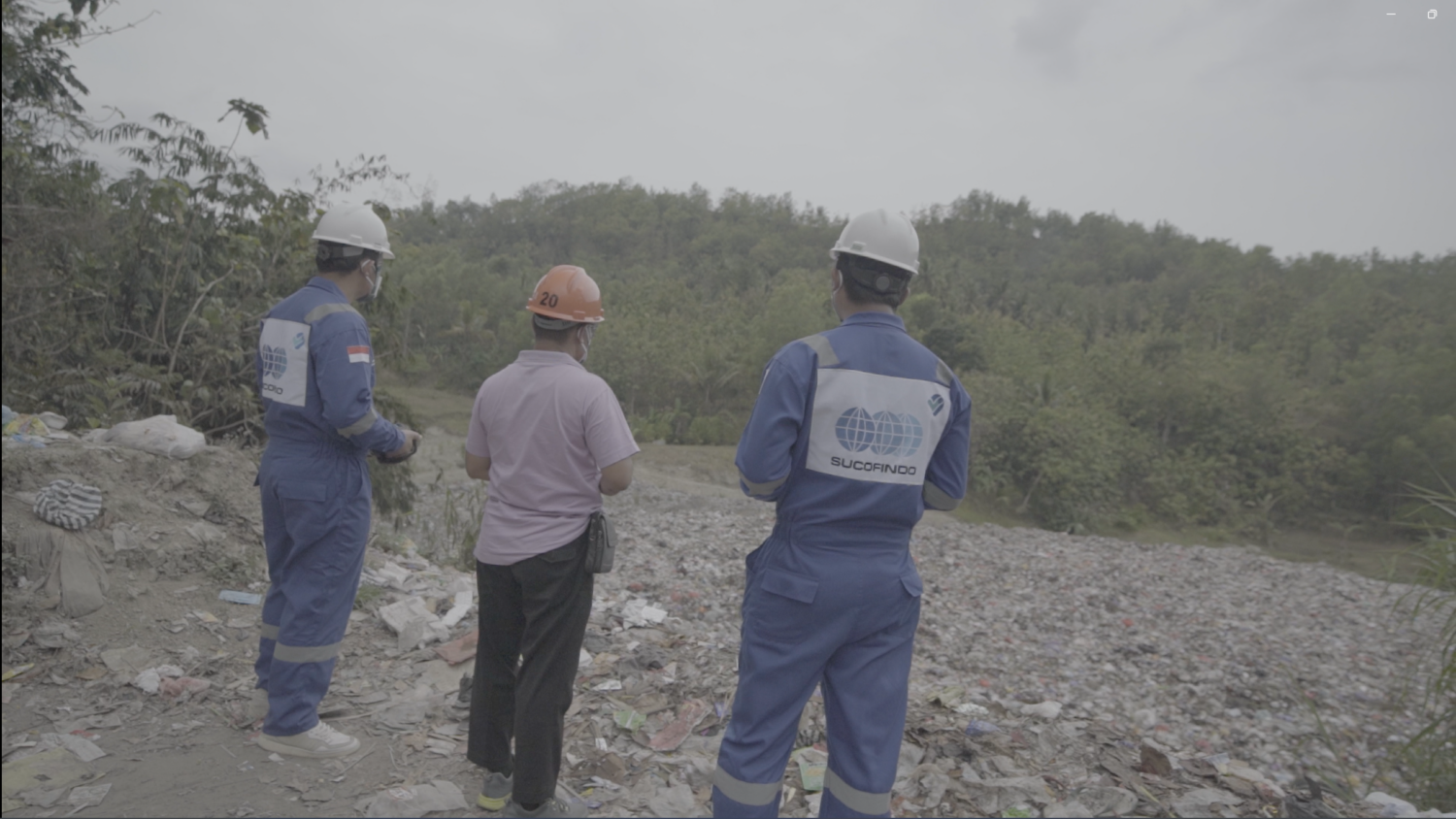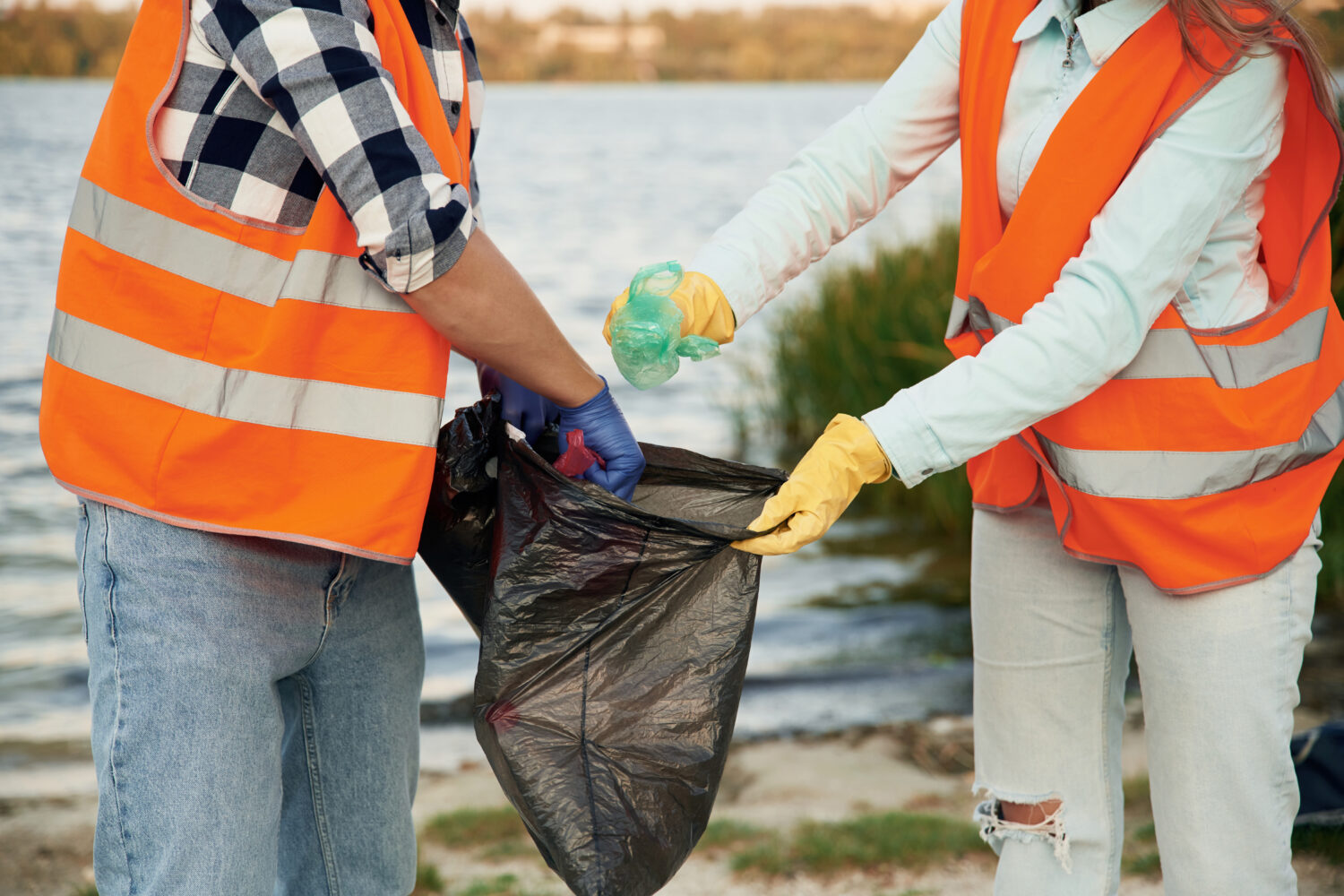Today’s environmental conditions present challenges that can no longer be ignored. Climate change, pollution, and ecosystem degradation are not just global concerns—they have real impacts on communities, public health, and long-term business viability. In this context, businesses are expected to pursue more than just profit; they must also take responsibility for the environmental impact of their operations.
One of the most effective and measurable ways to evaluate and improve a company’s environmental performance is through an Environmental Audit.
What Is an Environmental Audit?
An environmental audit is a systematic, documented, and objective process to evaluate whether an organization’s activities comply with environmental regulations—both externally mandated and internally committed.
It typically covers:
-
Compliance with environmental permits
-
Waste and emissions management
-
Monitoring of air, water, and soil quality
-
Energy and resource efficiency
-
Implementation of CSR programs
-
Risk of pollution and environmental harm
More than a legal requirement, an environmental audit is a strategic tool to detect environmental risks early and improve overall environmental management.
Types of Environmental Audits
1. Mandatory Environmental Audit
Required by the government—especially the Ministry of Environment and Forestry (MoEF)—for existing operations that pose a high risk to the environment.
Typically required when:
-
There is a change in company ownership
-
Pollution or complaints arise from the public
-
Requested by authorities following supervision
2. Voluntary Environmental Audit
Initiated independently by companies as part of their environmental management system or sustainability commitments.
Common among:
-
Companies certified in ISO 14001
-
Companies aiming to improve their PROPER rating
-
Organizations preparing sustainability reports or ESG disclosures
Why Environmental Audits Matter for Business
1. Ensuring Regulatory Compliance
Audits help companies assess whether their operations meet environmental laws and standards such as:
-
Law No. 32/2009
-
MoEF regulations
-
Environmental quality thresholds
2. Preventing Penalties and Operational Disruption
Audits can identify potential violations before they become legal issues, helping companies avoid fines, license revocations, or even shutdowns.
3. Improving Efficiency and Effectiveness
Environmental audits often uncover opportunities to save energy, water, raw materials, and waste treatment costs.
4. Enhancing Reputation and Brand Image
Regular audits reflect a company’s commitment to sustainability, building trust with investors, customers, and the public.
5. Preparing for PROPER or Environmental Certification
Audits serve as the foundation for improving PROPER ratings and achieving certifications like ISO 14001.
Environmental Audit Process: What Happens?
-
Preparation and Planning
-
Establish audit framework
-
Define scope and key aspects
-
Assign competent audit team
-
-
Data Collection and Field Observation
-
Review environmental documents (AMDAL, permits, reports)
-
Conduct interviews with relevant personnel
-
Inspect production and waste management facilities
-
-
Analysis and Evaluation
-
Compare actual conditions with regulations and internal standards
-
Identify non-compliance, risks, and improvement opportunities
-
-
Audit Reporting
-
Document findings and provide recommendations
-
Classify environmental risk levels
-
-
Follow-Up and Monitoring
-
Develop Environmental Management Action Plan (RTPL)
-
Monitor corrective actions based on audit recommendations
-
SUCOFINDO: Your Professional Partner for Environmental Audits
As a state-owned enterprise in Testing, Inspection, and Certification (TIC), SUCOFINDO has vast experience conducting environmental audits across industries—from manufacturing, energy, and mining to agribusiness and industrial estates.
Why Choose SUCOFINDO?
🟢 Decades of Experience
Over 60 years of assisting businesses across Indonesia. SUCOFINDO understands real-world challenges, technical constraints, and evolving regulations.
🟢 Certified & Professional Auditors
Our team is certified, highly competent, and up to date with the latest environmental standards across diverse industries.
🟢 Integrated Services
Beyond audits, SUCOFINDO offers lab testing, technical inspection, PROPER consulting, environmental training, and ISO 14001 certification.
🟢 Collaborative Approach
Our audits aim not to “punish,” but to build a culture of compliance and continuous environmental improvement.
Case Study: From Environmental Audit to Business Transformation
A manufacturing company in West Java received public complaints about foul odors from its wastewater. After a professional audit by SUCOFINDO, it was revealed that the wastewater treatment plant (IPAL) was overloaded.
Recommendations included:
-
Expanding IPAL capacity
-
Retraining environmental operators
-
Strengthening SOPs for monitoring and reporting
Within six months:
-
Public complaints dropped significantly
-
Water use efficiency improved
-
The company’s PROPER rating improved from Red to Blue
This proves that environmental audits are not just compliance measures—they are strategic investments in business sustainability.
Who Needs Environmental Audits?
-
Manufacturing and processing industries
-
Mining and oil & gas companies
-
Power plants
-
Industrial zones
-
Hospitals and public service facilities
-
Companies preparing for IPOs
-
Export-oriented businesses with global buyer standards
Environmental Audits & ESG: Meeting Global Standards
With growing demand for ESG (Environmental, Social, Governance) compliance, environmental audits are a practical, measurable way to fulfill the “E” in ESG. They help companies:
-
Attract green investments
-
Qualify for sustainable financing
-
Join sustainable supply chains
With SUCOFINDO’s expert auditors, companies are better prepared to meet the demands of global sustainability and transparency.
Audit Today, Sustain Tomorrow
Environmental conditions won’t improve on their own. Businesses must commit to real action—and that starts with evaluation and improvement.
An Environmental Audit is not just a requirement; it’s a smart strategy to:
-
Strengthen compliance
-
Support long-term business continuity
-
Improve operational efficiency
-
Build a strong reputation with the public and partners
With SUCOFINDO, audits are not just about checking boxes—they’re about building a greener, cleaner, and more responsible future.







